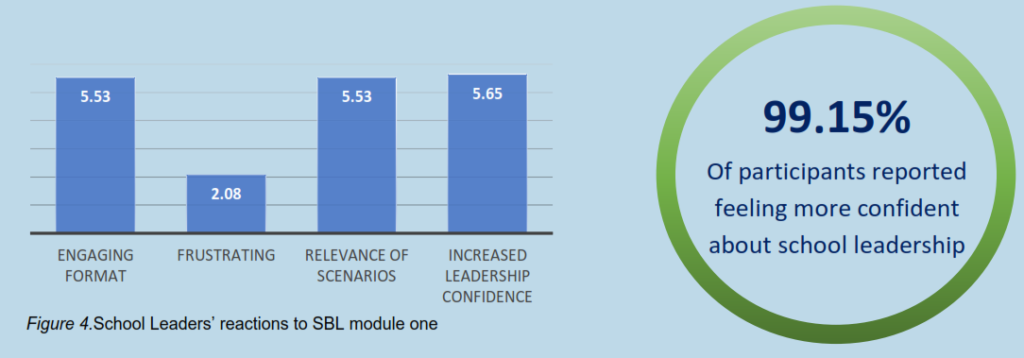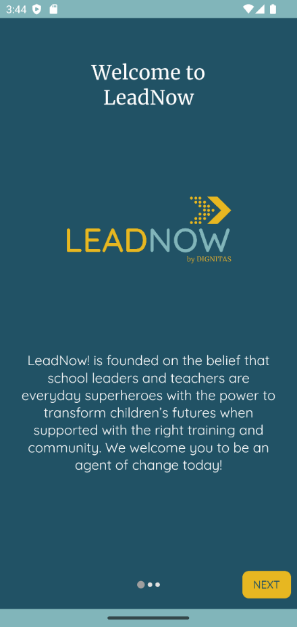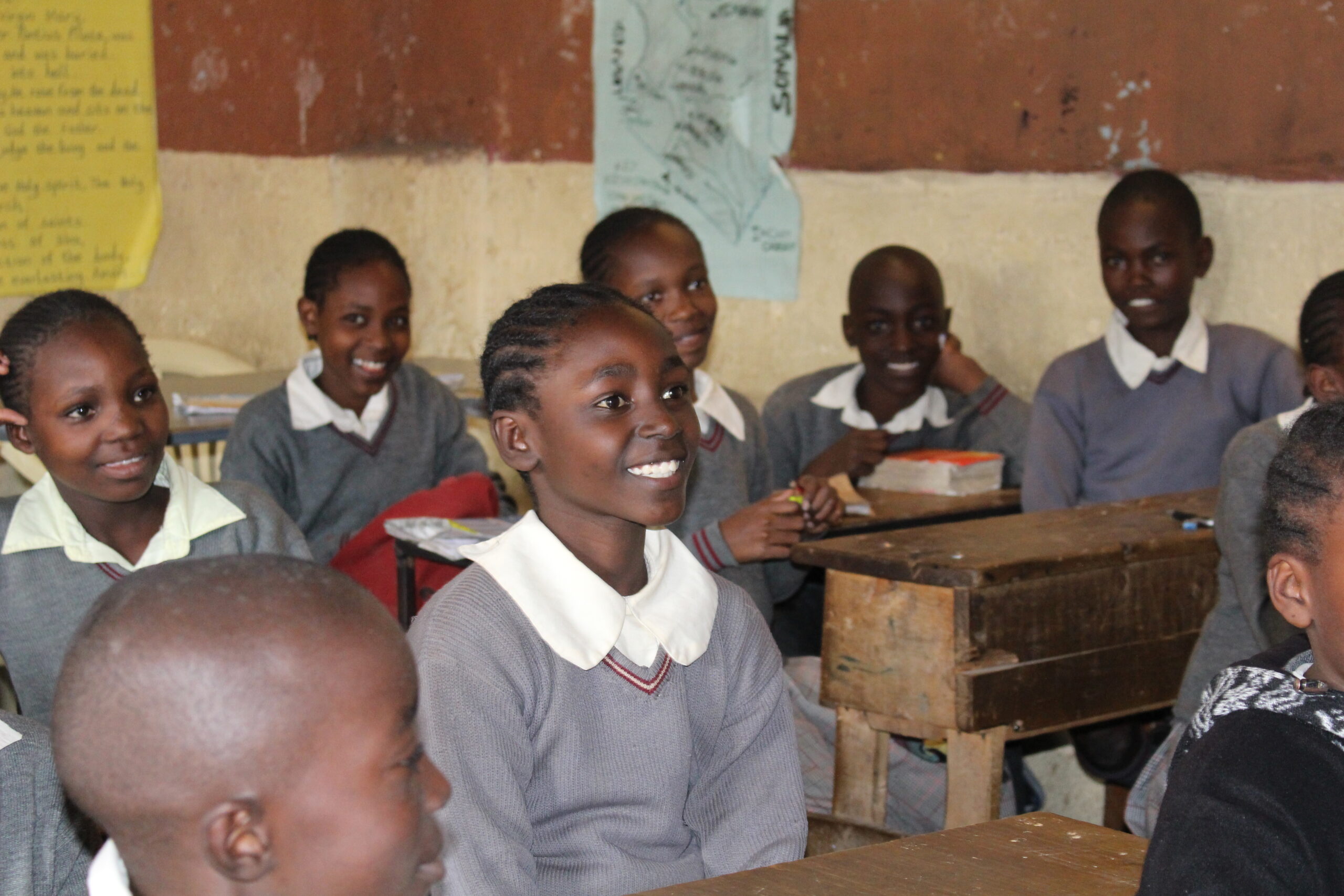By Deborah Kimathi – Chief Executive Officer
Learning poverty is a persistent and complex challenge facing education systems across the globe. Sadly, the reality is that poor quality schools, with little investment in teachers and school leaders, are inequitable institutions that do not support learning and thriving for every child. The result is significant gaps in foundational learning, and children leaving school without the skills and strength of character they need to thrive and succeed. Put simply, schooling is not equivalent to learning.
However, there is good news. We already know how to improve schooling, and transform it into learning. The education workforce – teachers and school leaders – are at the core, and evidenced to be the biggest determinants of learning outcomes. But for this to be the reality in all schools, teachers and school leaders need consistent, quality support, and high-quality professional development opportunities to help improve classroom and leadership practice in ways that are proven to positively impact learning.
Coaching has been widely recognized as a valuable intervention to improve and support teaching practice and an essential component in programs designed to improve pedagogy. Coaching is at the core of the Dignitas model, and has been since we began working with School Leaders in 2011. In a recent ‘Coaching at Scale Technical Working Group’ meeting convened jointly by Dignitas and Kenya’s Ministry of Education, policymakers and practitioners agreed that “Coaching is a reflective, competency based, structured, goal-oriented process that supports evidence-based professional development”
However, distance, insecurity, capability and availability of human resource, and poor physical infrastructure make it very challenging to offer every educator the coaching support they need. Remote coaching, for example via phone calls or messaging services is limited in its impact as it is typically lacking in a data source to support the coaching process.
We often find that teachers are taking part in large professional development training workshops, disseminated through long and often poorly supported cascade models, with little to no follow-up at a school and classroom level to actually help shift important teaching and learning practices.
“The most disadvantaged and marginalised children are likely to be taught by teachers who themselves are relatively disadvantaged.” (EdTech Hub, 2020)
A recent survey of 300 school leaders and teachers showed that 47% of educators have had no professional development support or opportunities in the last six months, and only 18% are offered professional development opportunities either funded or organised by their schools. (Dignitas, 2021)
As our team at Dignitas began to explore this issue, we experienced first-hand the challenges of replicating quality, impactful in-person coaching that is individualised, data-driven, reflective and goal focused using only virtual tools. With a vision to build on existing Dignitas tools designed to support training (a bespoke chatbot, alumni video library that models best practice, and a LMS), Dignitas entered into a partnership with University of York to develop scenario based learning (SBL) tools that would help to measure and nudge educator competency in a similar way to coaching.
World Bank (2021), in their Coach program materials state that educator coaching must be tailored, practical, focused and ongoing. The findings of the World Bank Coach program resonated strongly with Dignitas’ practice and evidence of coaching and the SBL tools were designed with this in mind. The SBL tools were pre-tested with a small group of school leaders and teachers in 2021, and fully integrated into the blended program delivery in 2022.
In an article for Global Partnership for Education (2021), Mary Burns highlights the potential of various tools to bridge particular gaps, including the use of scenario based tools to offer semi-immersive experiences to refine or reinforce content knowledge, and offer insight into complex problems.

‘It has helped me on good practices towards the other leaders and how to deal with different issues in school as a leader’
For the development of SBL, a team of forty expert educators from across Kenya came together to help build school and classroom scenarios, curate individualised, response-driven feedback for School Leaders, and offer expert guidance on how to shift classroom practice for improved learning outcomes. They refined scenarios to be used remotely, or in-person, that can be delivered by text or animation in an effort to solve the conundrum of remote coaching and ensuring pathways to support and development for all educators.

‘I have learned new ideas on how to handle the learners as well as on how to relate with my fellow teachers for better results.’
Throughout 2022, Dignitas tracked competency gains amongst school leaders, indicated by measurable and sustained shifts in practice; and gains for learners, indicated by increased literacy and numeracy scores, and observed gains in both. For 2023, Dignitas refined the design of the remote coaching tool, combining it with training content in a seamless professional development experience for education officers, school leaders, and teachers in a web and mobile application titled LeadNow.

